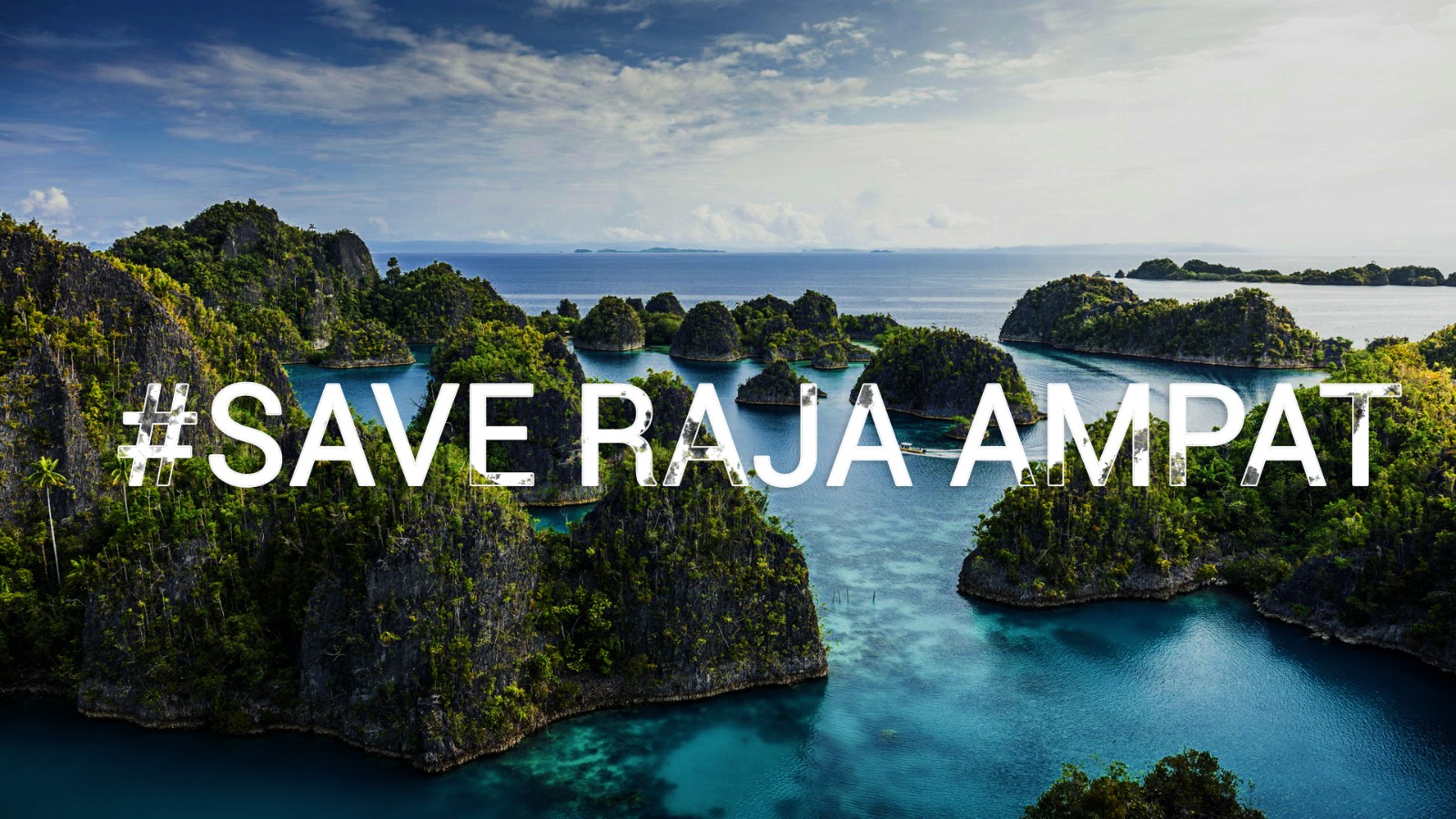Raja Ampat, often called Indonesia’s Last Paradise, is facing an existential threat: nickel mining. For years, this remote archipelago has been celebrated for its untouched beauty, but recent government moves have sparked debate about its future.
What’s Happening in Raja Ampat?
Nickel mining permits have been revoked in Raja Ampat following protests from environmentalists and local leaders. The Indonesian government, led by President Prabowo Subianto, has taken decisive action, revoking four mining permits while temporarily halting operations at PT Gag Nikel pending further view.
State Secretary Minister Prasetyo Hadi confirmed the decision, stating, “Upon the President’s instruction, the government will revoke mining permits for four companies in Raja Ampat”.
Why It Matters to Expats
- Tourism & Livability: If Raja Ampat’s biodiversity is disrupted, expats who rely on its tourism sector (whether as guides, resort owners, or conservationists) could feel the economic impact.
- Environmental Precedents: The case raises broader concerns about Indonesia’s environmental policies, which could affect protected regions elsewhere.
- Investment & Policy Shifts: Expats engaged in sustainability or business may want to track how Indonesia balances economic development with conservation.
The Human Cost of a Greener Raja Ampat
While the government’s decision to revoke nickel mining permits in Raja Ampat is seen as a victory for conservation, it has also led to job losses for 900 workers. Many of these employees, who worked for the four affected mining companies, now face uncertainty about their livelihoods.
Energy Minister Bahlil Lahadalia acknowledged the impact, stating, “We understand that this decision affects workers, but we must prioritize environmental sustainability. The government is exploring solutions to support those impacted.” Some workers have expressed concerns about finding new employment, particularly in remote areas where job opportunities are limited.
This development highlights the complex trade-offs between economic growth and environmental protection. As Indonesia moves forward with its conservation efforts, the fate of these displaced workers remains a pressing issue.
A Story Old as Time
The struggle between economic ambition and environmental preservation is nothing new. During the 2024 vice-presidential debate, Gibran Rakabuming Raka, vice-presidential candidate for the Prabowo-Gibran ticket. He defended Indonesia’s nickel industry, stating:
“Indonesia has the largest nickel reserves in the world. This is our strength, our bargaining position”
In response, Muhaimin Iskandar, also known as Cak Imin, spoke during the debate. He is the vice-presidential candidate for the Anies-Muhaimin ticket and the chairman of the National Awakening Party (PKB). He emphasized the need for ethical resource management, saying:
“The key is balance, between human needs and nature. This cannot be compromised.”
The Raja Ampat mining controversy reflects a classic paradox seen throughout history, where economic expansion often comes at the cost of environmental degradation.
One historical example is the Tragedy of the Commons, a concept first introduced by economist William Forster Lloyd and later popularized by Garett Hardin. Raja Ampat’s nickel mining debate mirrors this dilemma: while mining boosts Indonesia’s economy, unchecked extraction threatens the very ecosystem that sustains tourism and biodiversity.
History is filled with cautionary tales about prioritizing short-term gains over long-term sustainability. Indonesia’s move to revoke mining permits is a step toward preserving Raja Ampat, but the region’s fate remains uncertain. Expats should watch closely, because once paradise is lost, it may never return.
“There will be no curiosity, no enjoyment of the process of life. All competing pleasures will be destroyed. But always—do not forget this, Winston—always there will be the intoxication of power, constantly increasing and constantly growing subtler. Always, at every moment, there will be the thrill of victory, the sensation of trampling on an enemy who is helpless.
If you want a picture of the future, imagine a boot stamping on a human face—forever.
George Orwell, 1984
Sources: Tempo, Suara, TribunNews. Featured Image


